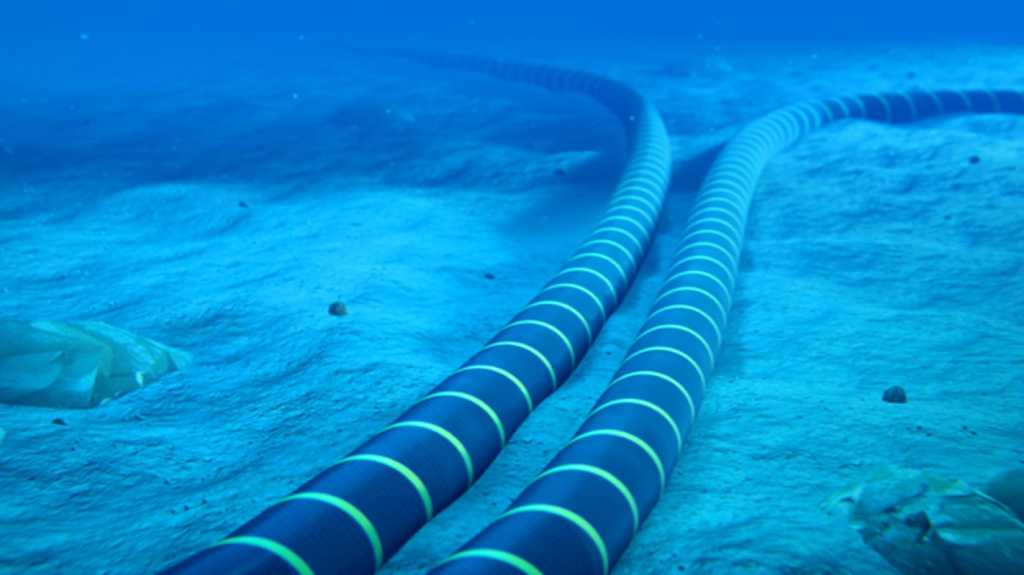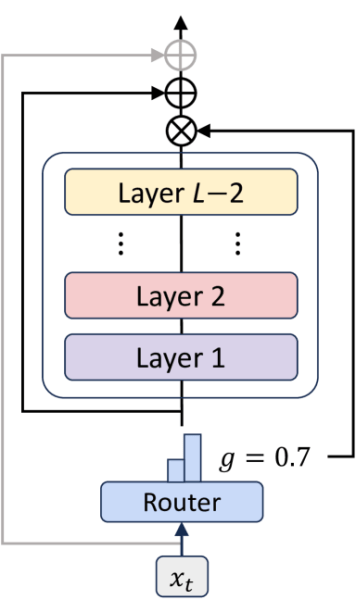
This comes after the Federal Communications Commission announced last week that it plans to introduce rules that will prevent companies from connecting undersea communication cables to the US if those systems include Chinese technology or equipment.
In a statement, the House Homeland Security Committee added that the letter follows reports that Microsoft is relying on engineers based in China to help maintain US Defense Department computer systems, with limited oversight from US personnel. A recent ProPublica investigation warned that the arrangement could expose sensitive national security data to cyber threats from China.
A number of recent disruptions have also heightened focus on the security of global undersea cable networks. In late 2024, two fiber-optic cables in the Baltic Sea were damaged under suspicious circumstances, prompting investigations into potential sabotage. The previous year, Taiwan alleged that Chinese vessels were responsible for severing the main internet links to its Matsu Islands.
Meanwhile, in the Red Sea, attacks attributed to Houthi forces were believed to have caused damage to several key cables supporting data traffic between Europe and Asia.
Securing the internet backbone
Rising concerns over the security of undersea cables may force tech companies to rethink how they manage global connectivity, potentially affecting enterprise cloud costs and strategies, according to Faisal Kawoosa, founder and lead analyst at Techarc.
“To address these very valid concerns, there are two possible strategies for tech providers,” said Faisal Kawoosa, founder and lead analyst at Techarc. “Either they need to redraw the cable map of the world and route them through the waters of friendly nations that can ensure security, or implement a combination of human and technological surveillance to protect them. In reality, a combination of both might be used.”




















